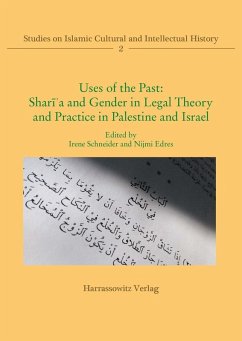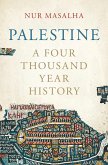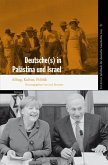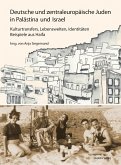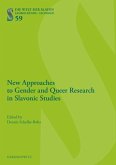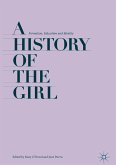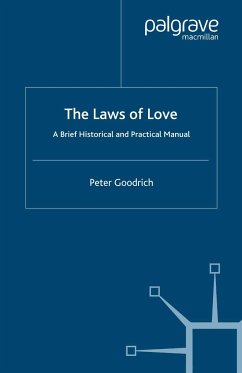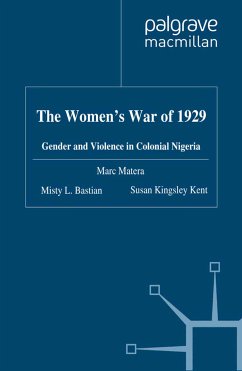The cases of Israel and Palestine offer a particularly interesting vantage point for analyzing 'uses of the past'. Both states' legal trajectories follow from developments in the late Ottoman and British Mandate (1922-1948) periods, and their legal frameworks are characterized by an interesting overlapping of legislations and legal traditions. At the same time, the different political and social contextual frameworks in which Palestinian Muslims operate (living in Palestine, i.e. West Bank and Gaza Strip, or inside Israel) have a profound impact on legal debates and the practical solutions devised by judges and practitioners. This poses unusual challenges to Palestinian Muslim legal theorists and practitioners about how to face modernity and social change, leading to an interesting debate among scholars of legal pluralism, legal anthropology and Muslim law. The book "Uses of the Past" focuses on the relationship between Gender and Shari¿a, aiming at analyzing how the past of Muslim tradition is invoked when dealing with gender issues and family law and how it is used to support legal change and reform in contemporary Muslim discourse. This edited volume is one of the outcomes of the HERA (Humanities in the European Research Area) project "Understanding Shari¿a: Past Perfect, Imperfect Present" (US-PPIP) and includes eight articles by international scholars and practitioners.
Dieser Download kann aus rechtlichen Gründen nur mit Rechnungsadresse in A, B, BG, CY, CZ, D, DK, EW, E, FIN, F, GR, HR, H, IRL, I, LT, L, LR, M, NL, PL, P, R, S, SLO, SK ausgeliefert werden.

